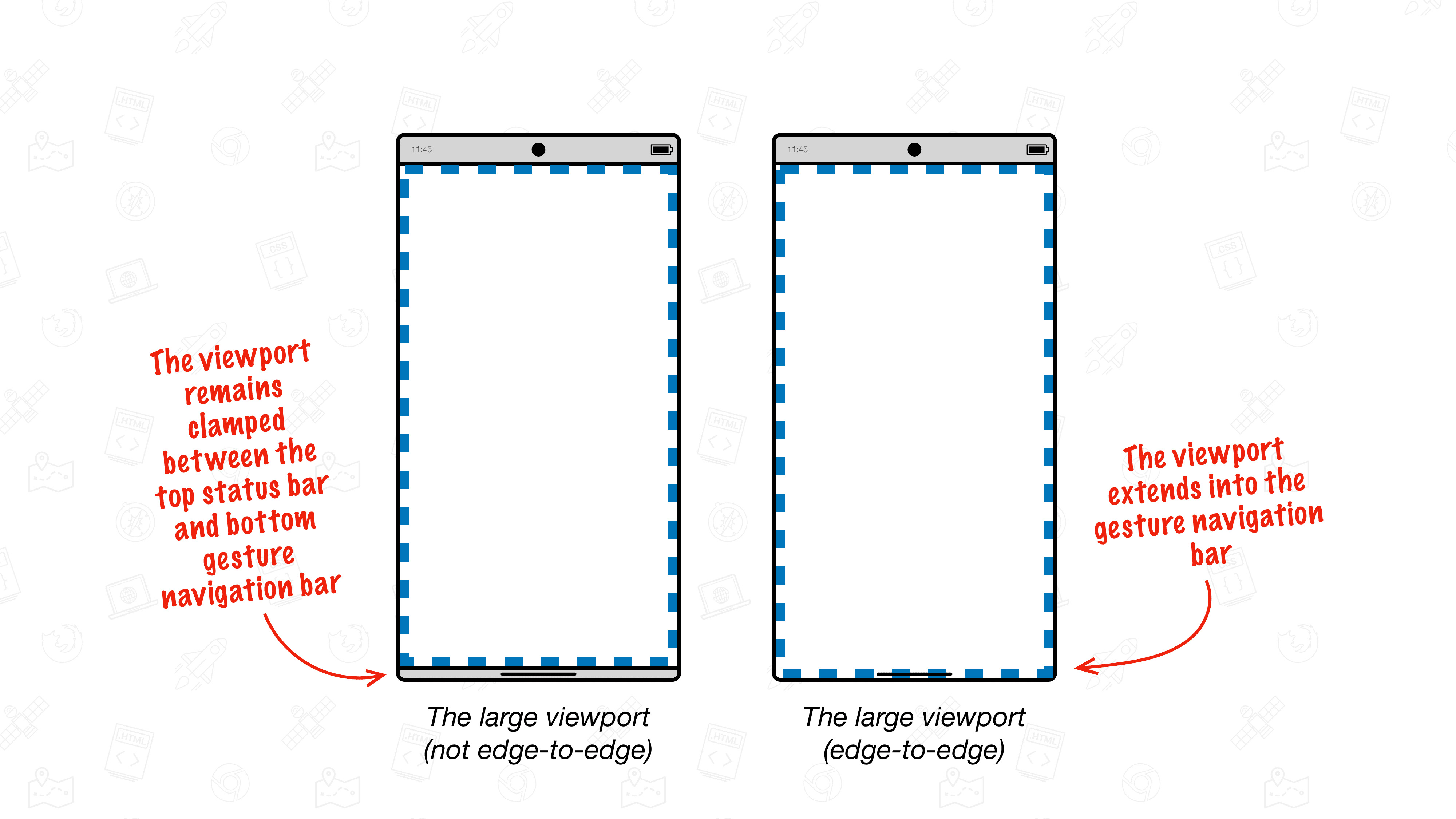-
chevron_right
Holy water brimming with cholera compels illness cluster in Europe
news.movim.eu / ArsTechnica • 11 April
European tourists who toted home bottles of water from a holy well in Ethiopia were likely hoping for blessings and spiritual cleansing—but instead carried an infectious curse and got an intestinal power cleanse.
Three people in Germany and four in the UK fell ill with cholera after directly drinking or splashing their faces with the holy water. Two required intensive care. Luckily, they all eventually recovered, according to a report in the journal Eurosurveillance .
The infections occurred in February after some of the patients reported taking independent trips to Ethiopia in January. Two of the German patients and three of the UK patients reported travel to the country, and several reported visiting a holy well called Bermel Giorgis (also spelled ‘Georgis’) in the Quara district. The German travelers and at least one of the UK travelers brought water home with them and shared it.

 Credit:
Google
Credit:
Google